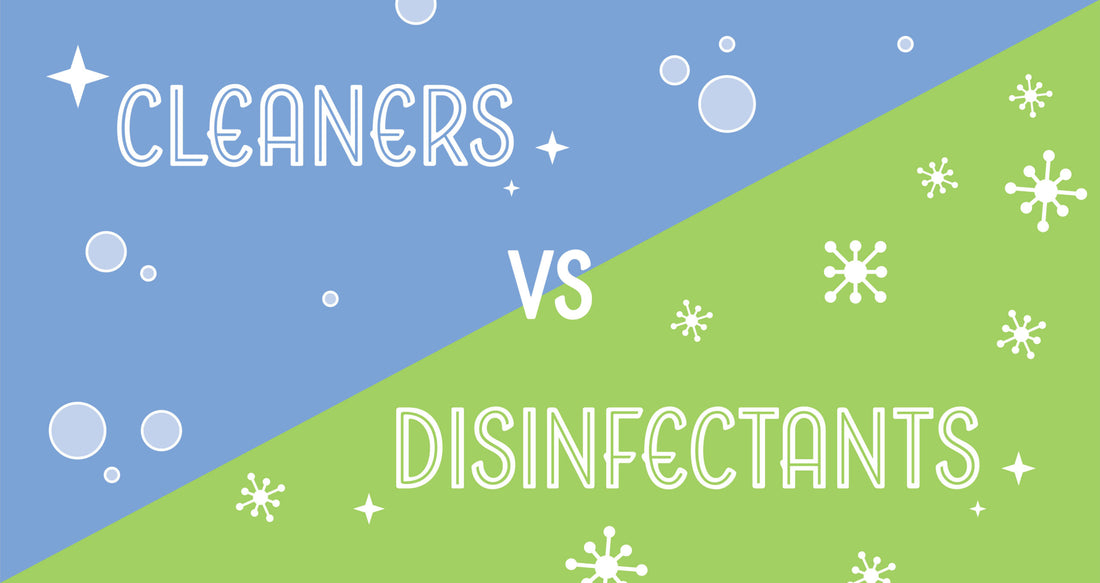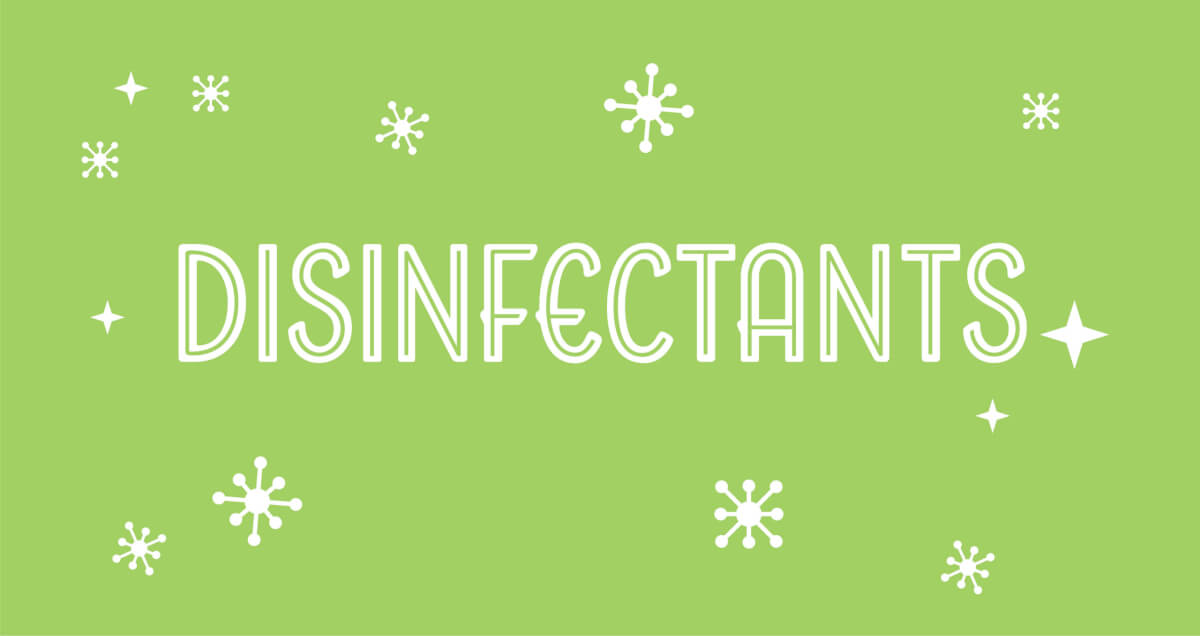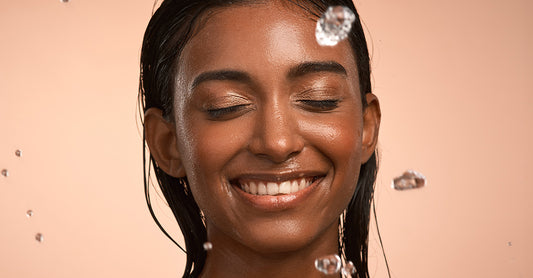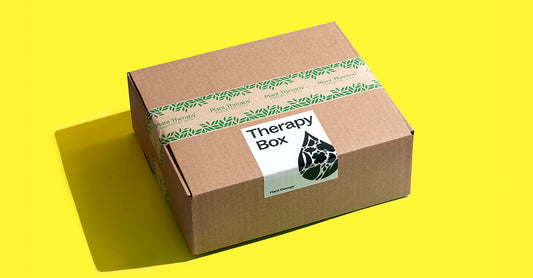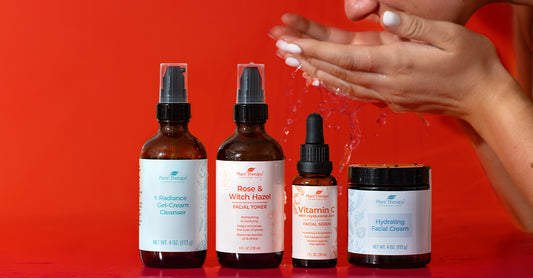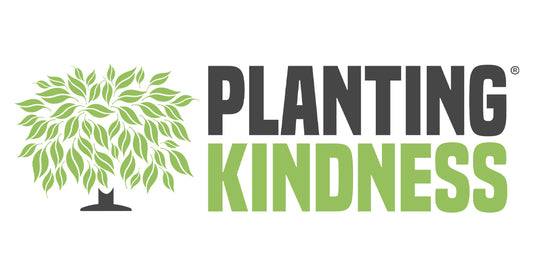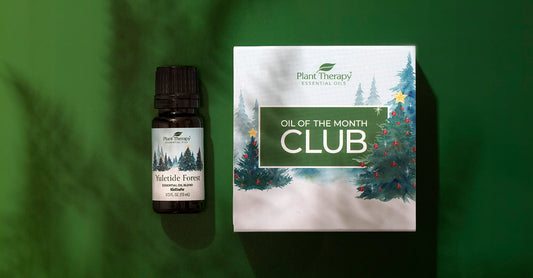Keeping our homes clean, safe, and healthy is more important now than ever. It’s not only a point of pride when our counters are so clean they practically sparkle, but we also want to create a healthy environment for the whole family. Using the right products can help make sure you clean up food spills and muddy paw prints as well as any cooking messes from raw meat.
Let’s talk about the difference between surface cleaners, disinfectants, and sanitizers and the best uses for each.
Surface Cleaners
Surface Cleaners… the workhorse of your cleaning cabinet. They’ll clean countertops, fridges, tiles, linoleum, floors, microwaves, stovetops, door handles, coffee tables, and anything else that might need polished. They’ll have ingredients and compounds that break up dirt and cut through grease and grime.
And while these cleaners are great for cleaning up spills, wiping up dirt and removing grease, they won’t disinfect or kill germs unless the bottle explicitly states that it will. But chances are that for everyday messes and cleaning, you won’t need to disinfect.
Multi-Surface Cleaners come in all shapes, sizes, and smells. Some use harsher ingredients and synthetic fragrances and others use more natural ingredients to clean your home. This brings us to our Defender Multi-Surface Cleaner! This cleaning concentrate is powered by plants and essentials oils to give you a powerful clean in your home. The naturally derived ingredients effortlessly cut through grease, grime, and dirt leaving you with seriously clean and positively sparkling surfaces.
Disinfectants
Disinfectants serve a different purpose when it comes to cleaning. Even with dirt and food messes cleaned up, there might be harmful bacteria from raw meat, anything to do with the toilet, or high-touch surfaces. Disinfectants will kill 99.9% of germs, bacteria, and viruses on your surfaces. These types of cleaners are easy to spot on store shelves as they’ll usually have their antibacterial claim on the bottle.
If you’re in the market for a disinfectant, the CDC provides a list of EPA registered household disinfectants that are effective against COVID-19. It’s also important to follow the directions for the individual cleaners as they might require different amounts of contact time to kill bacteria and viruses. Gloves and proper ventilation are also recommended to make sure you avoid any irritation.
Tip: Sanitizers and disinfectants both serve the same purpose of killing bacteria. However, a disinfectant is subjected to much more rigorous standards than a sanitizer.
Household Disinfectants
You don’t have to go straight for a store-bought disinfectant to make sure your home is properly rid of bacteria and viruses. Bleach, peroxide, or alcohol solutions can all be used as a disinfectant.
- Bleach solution: Double check your bleach isn’t expired and has a sodium hypochlorite concentration of 5%–6%. If it does, you can mix four teaspoons of bleach in one quart of room temperature water. Spray on your surfaces and allow to air dry.
- Isopropyl Alcohol 70%: When it comes to alcohol solutions a 60-80% is ideal for disinfecting and a 70% solution is the sweet spot. Much like bleach, simply spray your surface down and allow it to sit for at least 5 minutes. One benefit of alcohol is that it evaporates quickly.
- Everclear: Provided the proof is 151 or higher, Everclear contains enough ethanol (at least 70%) to disinfect surfaces. The downside is that it can get pricey and isn’t available everywhere.
And our personal favorite…
- Hydrogen Peroxide: A 3% peroxide solution (the kind available at most drug stores and supermarkets) has been shown to be an effective disinfectant. Simply spray on your surfaces, allow to sit for at least 5-10 minutes and wipe down.
Keep in mind that some of these options have the potential to damage surfaces. It’s important to do your research and test an inconspicuous area first.

What Won’t Disinfect
Another important note, although we loooove essential oils, and some EOs even have antimicrobial properties, they aren’t enough to properly disinfect surfaces, especially when we have a pandemic on our hands. But they do make wonderful additions to cleaning DIYs or for adding a burst of freshness into your home. Similarly, vinegar, although a useful addition for cleaning, doesn’t have disinfecting properties.
Which Comes First?
This is simple, use your favorite (cough *Defender*) cleaner to clean up any dirt, food messes, grease, or grime on your surfaces. By cleaning first, you’re cutting down on the amount of work a disinfectant needs to do, which means less exposure to those harsher products.
If you’ve been working with raw meat, anyone is sick, or it’s within six feet of the toilet, it’s time to disinfect. For a helpful list of how often you should clean or disinfect, check out this guide.
